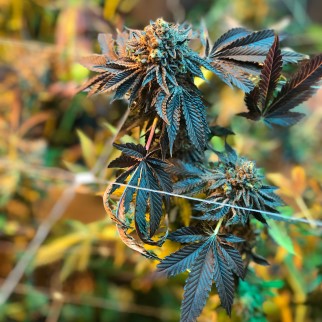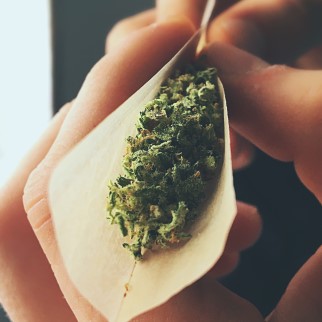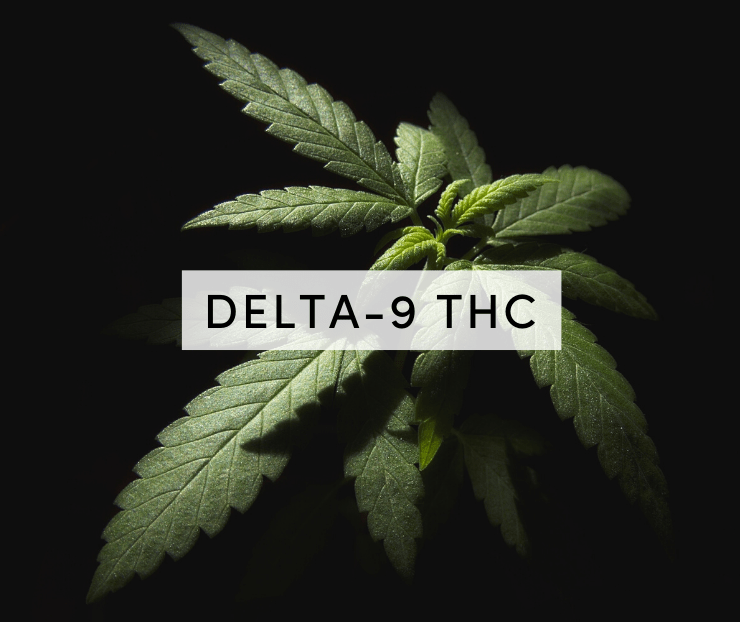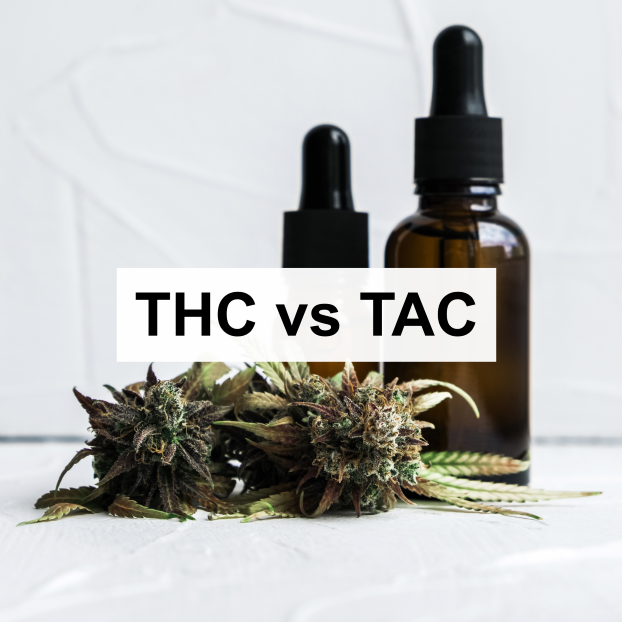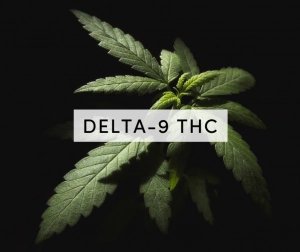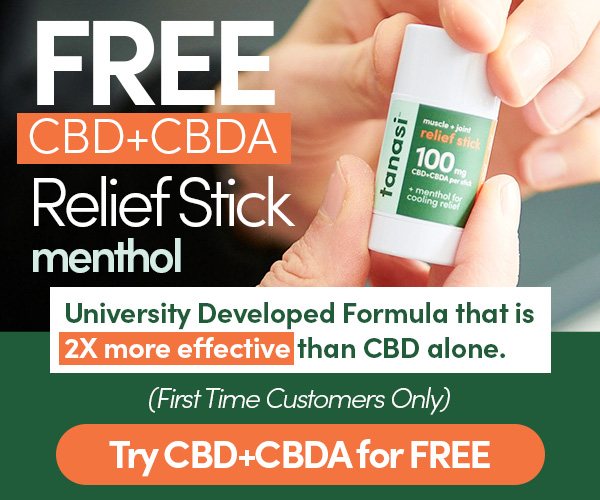THC Delta 8 and Delta-9-THC – Understanding the Differences
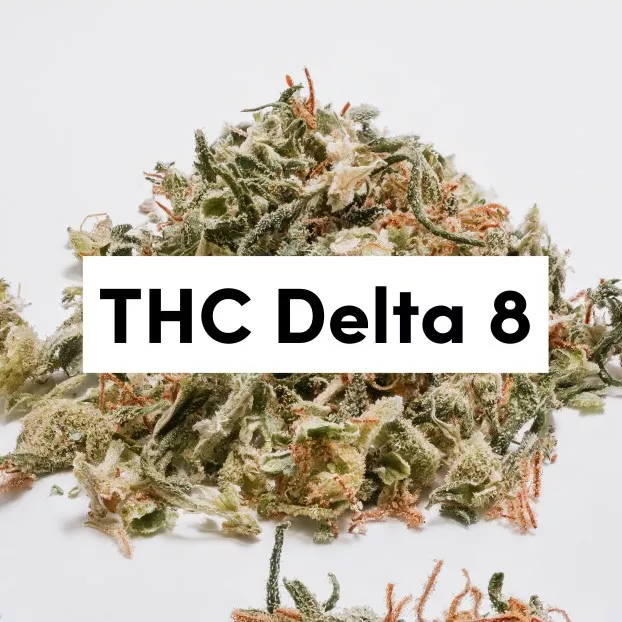
Posted on October 7th, 2022
Whether it’s THC Delta 8 or Delta 9, tetrahydrocannabinol is the primary psychoactive element found inside the cannabis plant. But there are actually different variations of the compound. Scientists often refer to THC as delta-9-, Delta 9, D9, delta-9-THC, or (−)-trans-Δ⁹-tetrahydrocannabinol. However, researchers came up recently with a new THC compound labeled THC Delta-8. How does this new variation differ from Delta-9-THC? Is it only the slightly different name, or is there something else that makes it different? To know that, it’s essential to understand the structure of THC Delta-8 first.
What is THC Delta 8?
Like Delta-9-THC, Delta-8 also has various nicknames, such as delta-8-THC, Δ8 THC, delta-8, D8, and Delta 8. For most people, it is still a fairly new compound that just hit the cannabis market. Yet, according to researchers, Delta-8-THC was around since at least 1975.
Back then, researchers at the National Cancer Institute discovered that Delta-8-THC is an analog of tetrahydrocannabinol. It delivers effects that are similar to those with D9, but users won’t experience the same high feeling.
Moreover, there are some chemical differences between Delta-8 and Delta-9. Delta-8 contains a few more atomic bonds than Delta-9, which makes it more potent. However, Delta-8 also only naturally exists in fractions of a percent inside cannabis plants.
Making D8
Manufacturers use a thin film distillation process to make this compound. Later, it goes through fractional distillation to isolate the included D8. The makers accomplish these steps through variations of vacuum and temperature. In fact, they can convert Delta-9-THC to Delta-8-THC using that same process. It also helps to deliver the purest isolate as temperature and vacuum variations remove residual solvents, undesirable compounds, and impurities. Most cannabis flowers contain less than 1% D8. This is why it takes quite some time to extract. Manufacturers usually derive Delta-9-THC and then convert it to Delta-8 using the aforementioned process.
Similarities and Differences Between Delta-8 and Delta-9
The chemical structure of THC Delta-8 is slightly different from that of Delta-9. It contains a critical chemical bond that makes Delta-8 superior. However, both these compounds have a similar molecular chain, complete with double bonds.
Still, there’s a difference here again: D8’s double bond is on its 8th carbon chain, but D9’s is on its 9th carbon chain. As you may have guessed, that’s how they get their respective names. And, while this may seem like a slight change, it makes a world of difference in each of their respective effects. The location of the double bond dramatically changes how people experience these compounds.
According to scientists, Delta-9 is also not as stable as Delta-8-THC. It oxidizes easily and becomes CBN or cannabinol. On the other hand, Delta-8’s edge is not only stable but it also doesn’t oxidize as quickly. In fact, it has a prolonged shelf life, one of the factors that may make Delta-8 superior to Delta-9. Most importantly, Delta-8 isn’t as strong as Delta-9. Thus, users won’t feel as high or stoned after consuming the compound.
Entourage Effect
According to enthusiasts, THC molecules work best when mixed with terpenoids, cannabinoids, and flavonoids. Researchers suggest that this combination delivers more dramatic effects than isolated THC can produce. This is what we call the entourage effect.
For now, scientists don’t have much data on the entourage effect of Delta-9. But when they compare the properties and molecular structure of Delta-8, it shows the potential to provide even more noticeable effects. Still, scientists need to conduct more research before they can conclude whether the entourage effects of Delta-8 are indeed better than those of Delta-9 or not.
Medical Potential
Various clinical and preclinical studies provide interesting facts regarding the properties of Delta-8 and Delta-9. They show that both compounds have therapeutic potential because of their molecular structure.
To date, D8 does not have the potential to treat any diseases. In contrast, states that allow for legal medical marijuana use permit D9 consumption. Still, the only way to do so legally is with a doctor’s note for an approved medical condition. And, even then, users must be careful about traveling with any kind of THC, whether they are crossing state lines or international borders.
Side-Effects
There’s always a seemingly endless conversation regarding if consuming THC is safe or not. Honestly, CBD might be a better compound for you if you are concerned about experiencing an altered state of consciousness. After all, CBD derived from hemp doesn’t give users the high that THC provides. Moreover, CBD is available in different delivery methods that make it easy to add to a daily supplement routine. From tinctures to gummies, creams, lotions and after-sun sticks, there are so many ways to explore the world of CBD. But does that mean THC has nothing to offer in comparison? Or that the risks outweigh any potential benefits? Well, the answer depends on which kind of THC you choose. And where you choose to sample that product.
For most users, Delta-9-THC is not the best choice, considering the impairment it will cause you. So, unless you have been instructed to use D9 by a licensed medical provider, be very wary of sampling large quantities of this compound. So, does that mean you have to steer clear of THC completely? Not at all!
First of all, you can sample trace amounts of THC in a full-spectrum CBD product. That way, you can experience some THC effects without getting high. Another option? Trying THC Delta 8, so long as you’ve checked local regulations regarding this compound.
Final Thoughts: Why Drop Down a Number
The main reason for choosing D8 over D9 is that it does not give out the signature high that could prevent you from functioning correctly for a while. Moreover, its non-psychoactive effects appear to be more powerful than those of Delta 9, though research into both these compounds is just beginning to emerge. Still, with the information we have available now, and given the current federal regulations in the United States, if you have the chance to choose between Delta-8 and Delta-9, know that the former might have more to offer, and with far fewer downsides.

